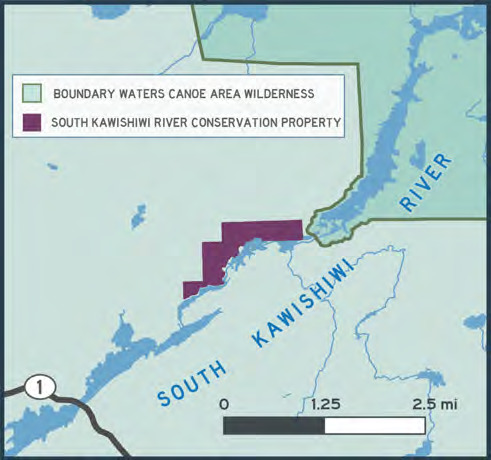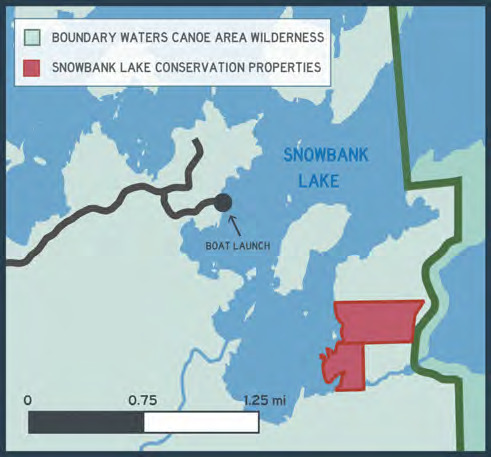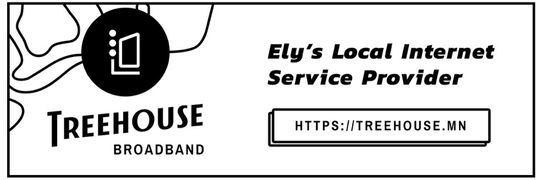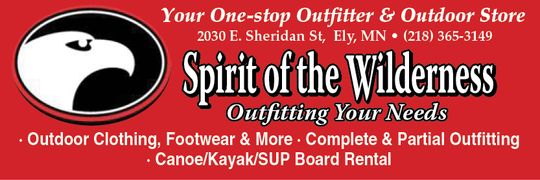Friends of the Boundary Waters Wilderness has successfully closed on the purchase of over two miles of undeveloped shoreline and 361 acres of forestland along the South Kawishiwi River, at the edge of the Boundary Waters.
Acquired after several years of targeted fundraising, the property features forest habitat for iconic Northwoods species such as moose, gray wolf, and Canada lynx. It also includes waterways that support diverse fish populations and provide public access to thousands of acres of land.
The purchase price was $875,000.
“We look at this as an expansion of the Boundary Waters. By preserving this property, we’re essentially expanding the wilderness and making more land available for public use and enjoyment,” said Chris Knopf, executive director of Friends of the Boundary Waters Wilderness.
The purchase follows the organization’s 2022 acquisition of 80 acres on Snowbank Lake. Protecting these lands has been accomplished through the organization’s Edge of the Wilderness Fund, established nearly 40 years ago to identify and protect vital conservation properties near the BWCA. The goal is to preserve the wilderness character of the greater BWCA ecosystem.
“We are grateful to our many donors, large and small, who contributed to preserve the essential wilderness character people experience as they pass through these properties into the formal federal wilderness area” said Lee Vue, board chair.
Traditionally, such properties would be transferred to the U.S. Forest Service for integration into the official wilderness area.
However, due to current funding limitations and lack of congressional authorization, the Forest Service is unable to accept new land acquisitions or donations.
“As it currently stands, the Forest Service can’t accept a donation of private land,” Knopf explained. “So we will be holding these properties and managing the land for recreation and for forest resilience against fire and climate change.”
Pete Marshall, communications director for the Friends said, “We do not plan on turning it over to the government but will continue to manage it as though it were public land. So we’ll be paying taxes on it indefinitely.”
Marshall said the land will be open to the public for hunting.
“There will be an easement on the property that will allow for snowmobile access on the land, via an off-road trail that has been on the property for 40 years. While we are conserving and managing this land as wilderness, we believe that keeping this trail on the land will increase access to the area and benefit the community,” said Marshall.


.jpg)









